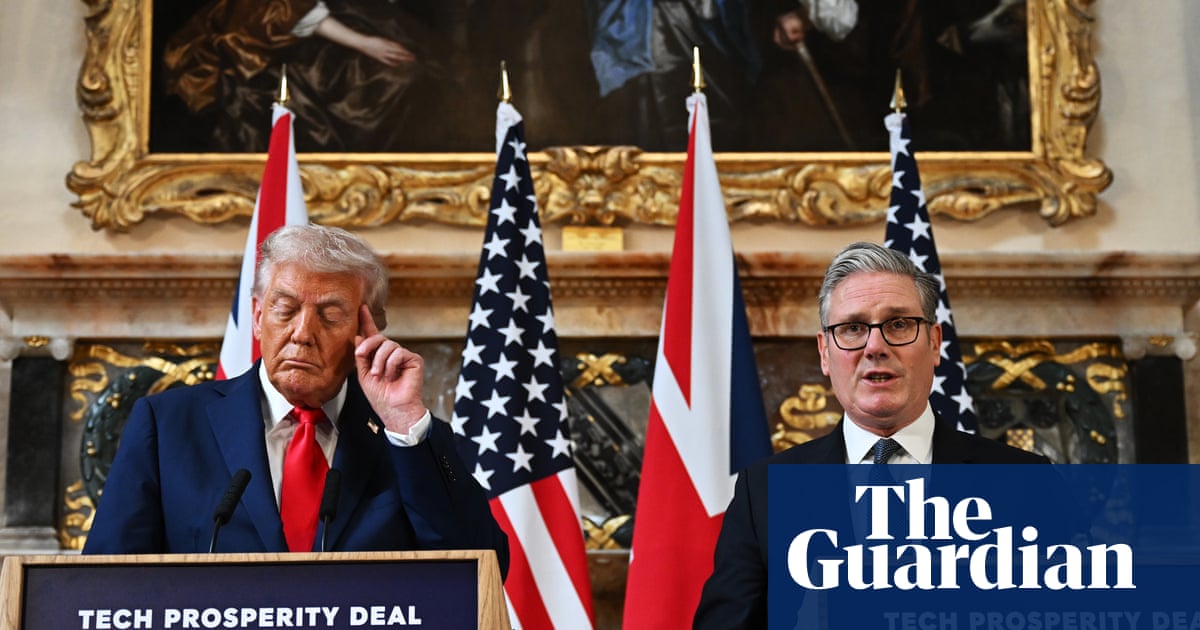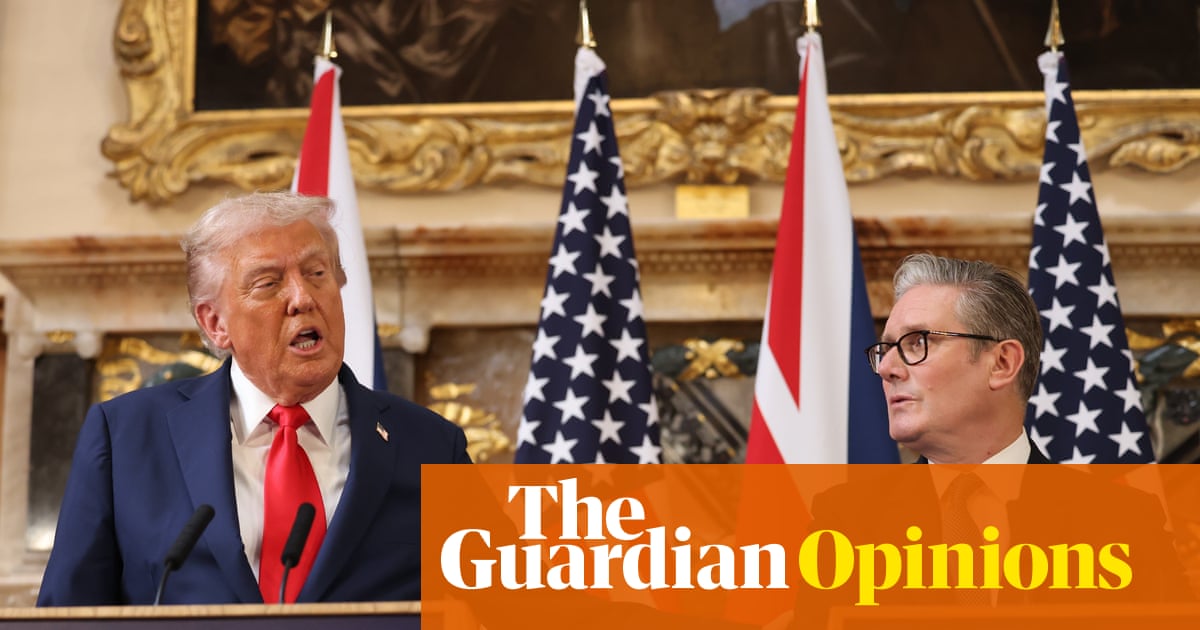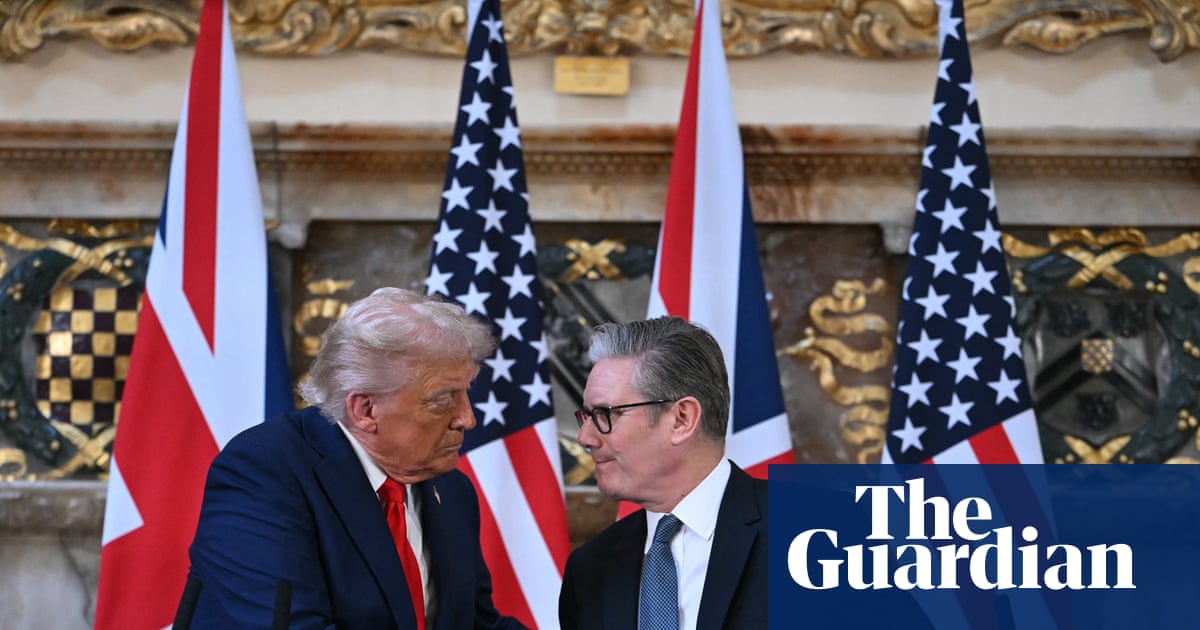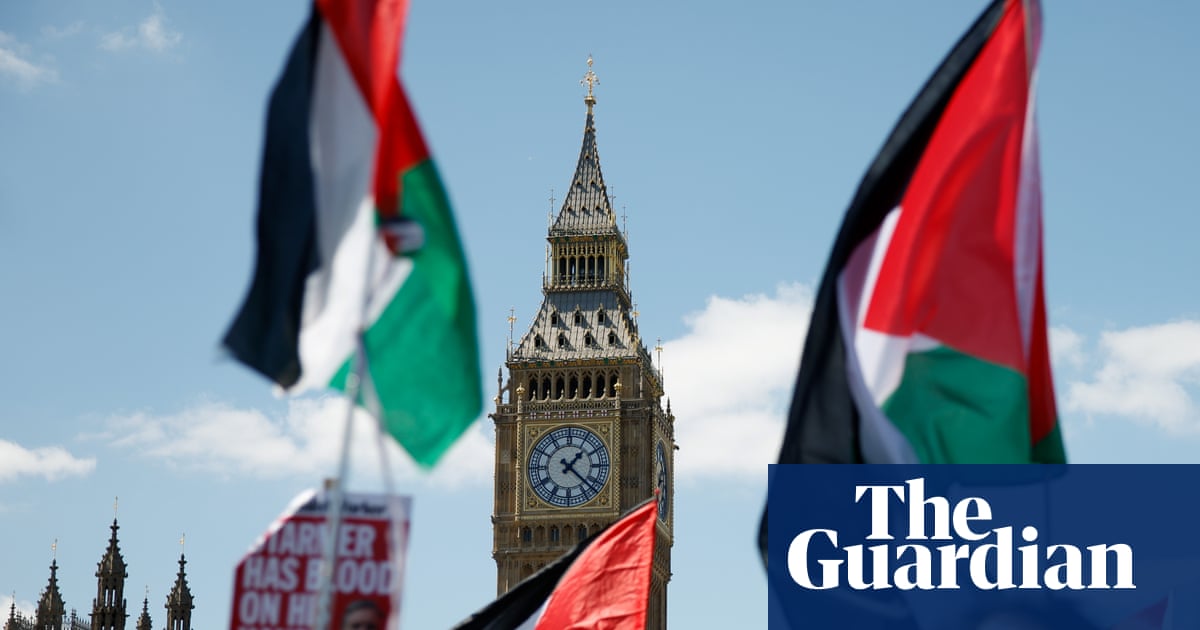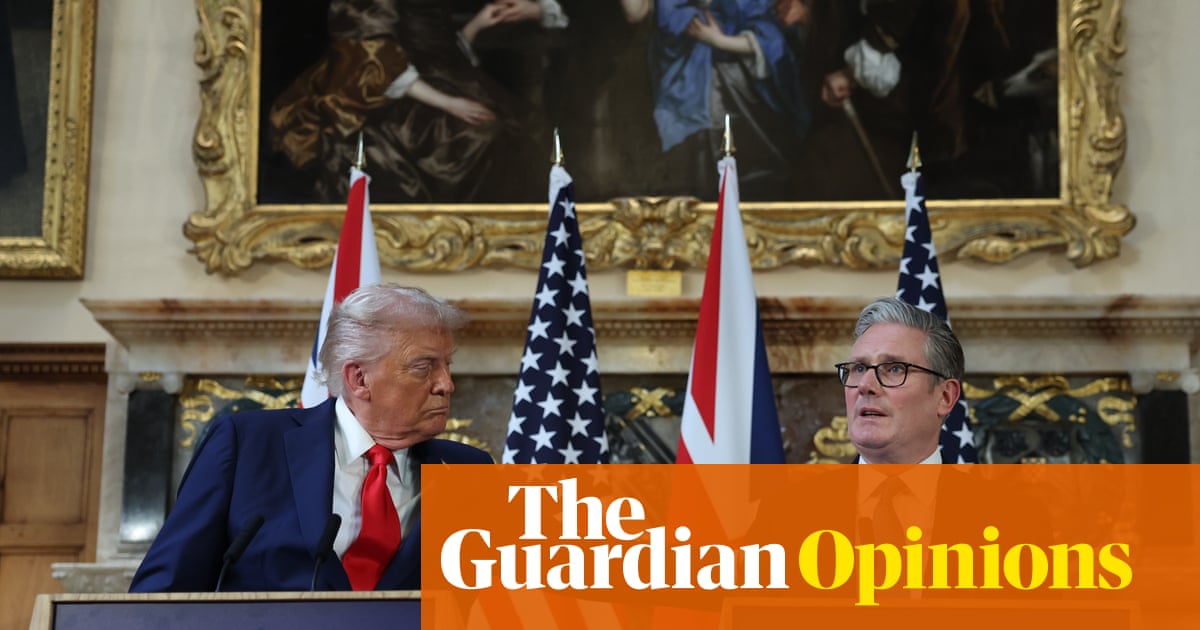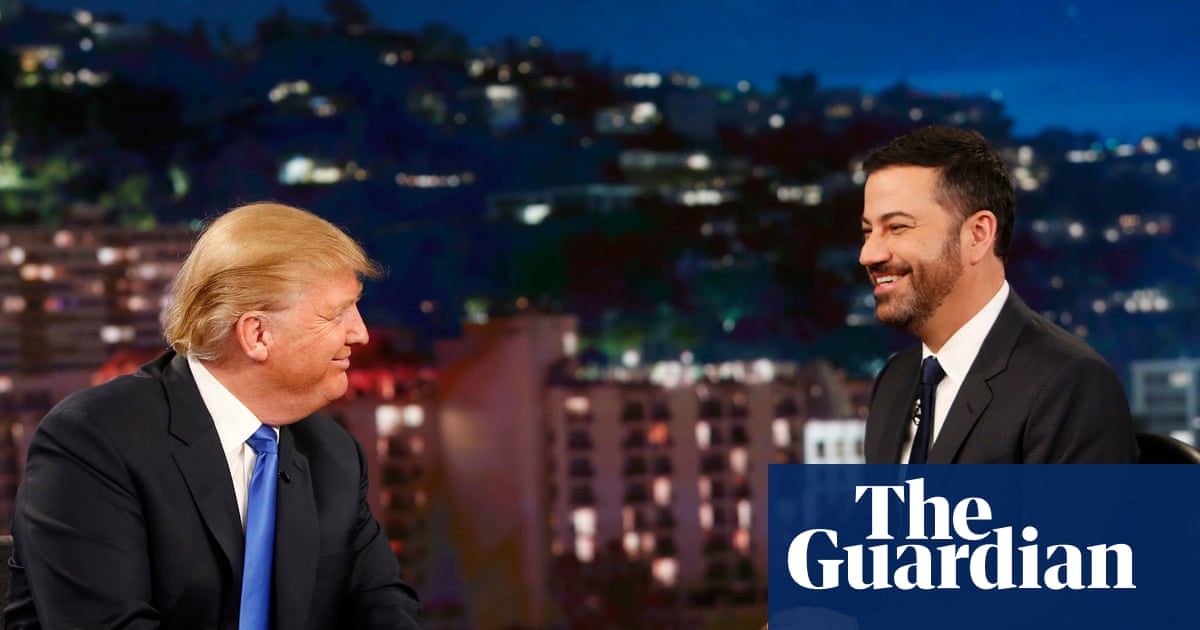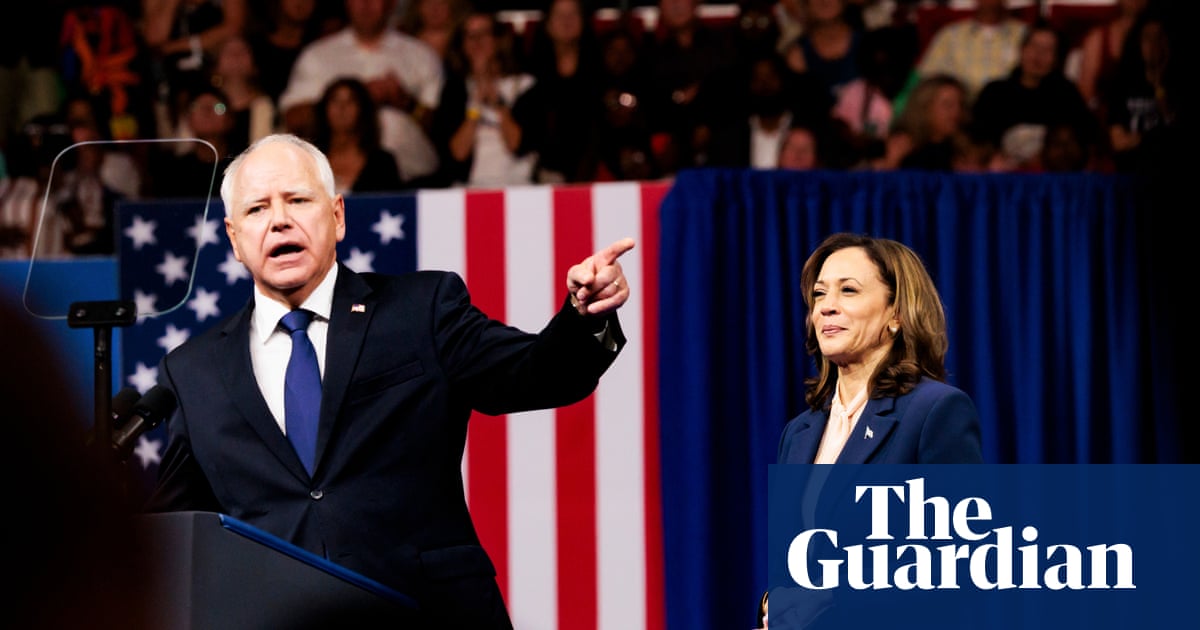Donald Trump has signed an executive order to lift some financial sanctions on Syria in a move that the White House says will help stabilise the country after the ousting of Bashar al-Assad.
The order was designed to “terminate the United States’ sanctions programme on Syria”, a White House spokesperson said, cancelling a 2004 declaration that froze Syrian government property and limited exports to Syria over Damascus’s chemical weapons programme.
Some sanctions will remain on Syria, including those mandated through Congress under the Caesar Syria Civilian Protection Act of 2019 that targeted funds for reconstruction and natural gas development, as well as the US declaration of Syria as a state sponsor of terrorism.
Trump’s order would mainly direct other members of the administration to consider broader sanctions relief for Syria – and could possibly provide leverage with Syria in talks on normalising ties with Israel and foreign investment in the country’s reconstruction.
The order included a direction to secretary of state Marco Rubio to evaluate suspending sanctions under the Caesar Act, permit the relaxation of control on the export of “certain goods”, and lift restrictions on some foreign aid. It also directs Rubio to review Syrian leader Ahmed al-Sharaa’s designation as a terrorist leader and Syria’s designation as a state sponsor of terrorism, and to consider measures for sanctions relief through the United Nations.
“We welcome the cancellation of the majority of the sanctions program imposed on the Syrian Arab Republic, pursuant to the historic executive order issued by President Trump,” said Syrian foreign minister Asaad Hassan al-Shaibani. “By removing this major obstacle to economic recovery, the doors to long-awaited reconstruction and development are opened, along with the rehabilitation of vital infrastructure, providing the necessary conditions for the dignified and safe return of displaced Syrians to their homeland.”
The White House sought to portray the decision as one that would protect US interests, noting Trump’s efforts to “address foreign terrorists”, promote the normalisation of ties with Israel, and prevent a resurgence of the Islamic State.
“President Trump wants Syria to succeed – but not at the expense of US interests,” the White House said in a statement.
White House officials said that the executive order would maintain pressure on the former leader Assad and his entourage.
“The order will remove sanctions on Syria while maintaining sanctions on the former president, Assad, his associates, human rights abusers, drug traffickers, persons linked to chemical weapons activities, Islamic State and their affiliates, and Iranian proxies,” said the White House press secretary, Karoline Leavitt, during a briefing on Monday.
The move was widely anticipated after Donald Trump briefly met with Syria’s new leader Ahmed al-Sharaa, who led forces that overthrew Assad in December. Sharaa has complained that the sanctions against Syria had made it difficult to stabilise his fragile transition government, citing issues with paying civil servant wages and funding reconstruction. Trump pledged in May to lift all sanctions on Syria following Assad’s removal from power.
The executive order would “end the country’s isolation from the international financial system, setting the stage for global commerce, and galvanizing investments from its neighbors in the region as well as from the US”, said acting under-secretary for terrorism and financial intelligence Brad Smith in a briefing with reporters.
Asked about the Abraham accords, the Trump administration’s negotiations for Arab states to normalise diplomatic ties with Israel, a senior administration official suggested that the White House would not push for the recognition of specific territorial claims between Syria and Israel.
“We’re going to come to a mutuality of understanding, and you’re going to get there slowly, and there’s going to be metrics and milestones and objectives, and you’re going to start trusting each other,” the official said. “And over this trust, those lines become illusory.”

 2 months ago
69
2 months ago
69






